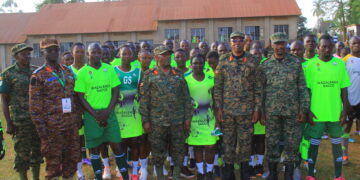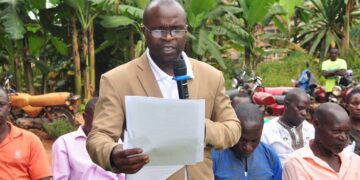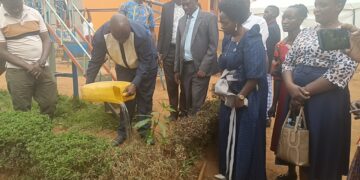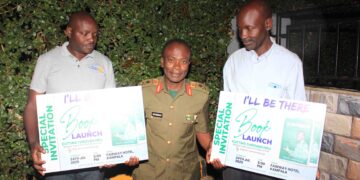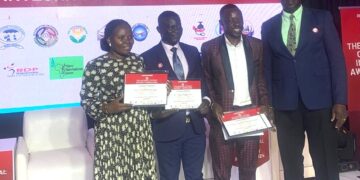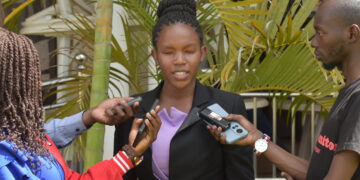The All-Clergy Conference (ACC) at Uganda Christian University (UCU) this week became a platform for renewed calls for action against HIV/AIDS, with Dr. Ruth Ssenyonyi, Chairperson of the Uganda AIDS Commission, urging clergy to leverage their influence in curbing the epidemic.
Dr. Ssenyonyi addressed hundreds of clergy attending the conference, emphasizing the critical role of faith-based institutions in disseminating accurate information about HIV/AIDS.
“We partner with multiple sectors, including the Church of Uganda,” she said. “The Archbishop has been actively involved with us, and we thank God for that partnership.”
Highlighting Uganda’s progress in combating HIV/AIDS over the past three decades, Dr. Ssenyonyi acknowledged the strategic leadership of President Yoweri Museveni. Yet she warned that the fight was far from over.
“Uganda currently has approximately 1.5 million people living with HIV—930,000 women, 570,000 men, and 71,000 children. The prevalence stands at 4.9 percent, with women disproportionately affected at 6.4 percent,” she noted.
Dr. Ssenyonyi stressed the ongoing challenges, pointing out that 37,000 new infections were recorded in December 2024 alone, while 4,700 people died from AIDS-related illnesses in the same period.
“Six people get infected with HIV every hour in Uganda, and 54 people die from AIDS-related causes daily,” she said, calling these numbers “unacceptable.”
She outlined key risk factors, including multiple sexual partnerships, non-disclosure of HIV status, transactional sex, inconsistent condom use, alcohol and drug abuse, and complacency among those on antiretroviral therapy (ART).
“As clergy, we must lead by example. We cannot preach about HIV when our lives depict otherwise,” she emphasized.
Dr. Ssenyonyi highlighted the Presidential Fast-Track Initiative launched in 2017, which aims to end AIDS in Uganda by 2030 through three main goals: zero new infections, zero AIDS-related deaths, and zero stigma.
“Ending AIDS means no one gets newly infected, no one dies from AIDS-related illnesses, and stigma is eradicated,” she explained.

She urged clergy to actively engage men through Father’s Union and Christian men’s fellowships, promote testing and treatment, and ensure mother-to-child transmission is eliminated through proper antenatal care.
“Your congregations are some of the largest gatherings in the country. Use this platform to educate about abstinence for youth, faithfulness in marriage, and the importance of knowing one’s HIV status,” she said.
The conference, themed The Good Shepherd and God’s Flock, echoes the provincial theme of imitating God’s goodness by doing good, aligning with the goals of the Uganda AIDS Commission. Dr. Ssenyonyi’s intervention reinforced the Church’s pivotal role in public health advocacy, especially as funding for HIV programs declines.
“Clergy have unparalleled influence in shaping behavior and guiding communities. By integrating HIV messages into sermons, counseling sessions, and fellowship activities, we can significantly reduce new infections and save lives,” she concluded.
The ACC, attended by bishops, priests, and church leaders from across Uganda, serves as a key platform for theological reflection and social action, and Dr. Ssenyonyi’s address underscored the Church of Uganda’s critical role in the national HIV/AIDS response.





